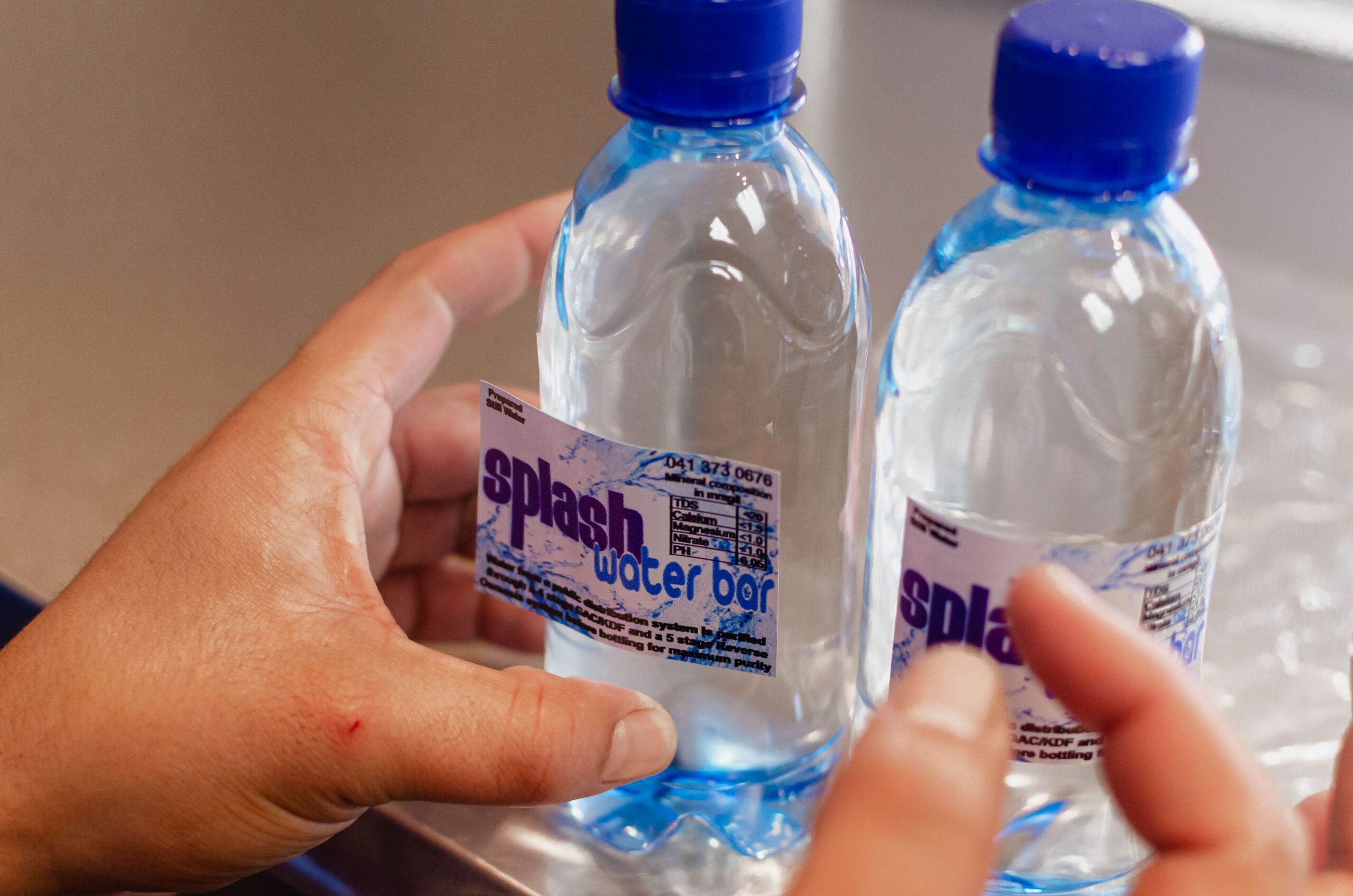The Business Case for Commercial Water Purification: Why South African Companies Are Investing
Water quality issues impact South African businesses across all sectors, from hospitality and food production to manufacturing and healthcare. As water security becomes an increasingly pressing concern nationwide, forward-thinking companies are investing in commercial-grade purification systems—and discovering benefits that extend far beyond basic compliance.
Beyond Basic Compliance
South African businesses face growing regulatory pressure regarding water quality and usage, particularly in food service, healthcare, and manufacturing. However, industry leaders are finding that comprehensive water purification delivers advantages that transform these systems from regulatory necessities to strategic assets.
“Initially, many of our business clients approach us because of compliance concerns,” explains Thabo Ndlovu, Splash Water’s Commercial Division Director. “What surprises them is how quickly these systems deliver measurable returns through operational improvements and cost reductions.”
The Hidden Costs of Poor Water Quality
For businesses, suboptimal water quality creates numerous invisible expenses:
Equipment Damage and Maintenance
Scale buildup from hard water significantly reduces the lifespan of equipment ranging from coffee machines and ice makers to industrial boilers and cooling systems. De-scaling maintenance becomes a recurring expense that proper water treatment can largely eliminate.
Production Consistency
For food and beverage producers, water chemistry directly impacts product quality and consistency. Variations in municipal water can alter taste profiles and reaction chemistry, creating quality control challenges.
Energy Efficiency
Scale-free heat exchangers, boilers, and cooling towers operate significantly more efficiently. Many businesses report energy savings of 15-30% after installing commercial water treatment systems.
Reduced Downtime
System failures due to water quality issues create costly operational disruptions. Preventative water treatment reduces these incidents dramatically.
Industry-Specific Solutions
Hospitality Sector
Hotels and restaurants across South Africa are installing centralized reverse osmosis and water softening systems that protect equipment while ensuring consistent taste experiences for guests.
The Mount Nelson Hotel in Cape Town reports that their comprehensive water purification system paid for itself within 18 months through reduced maintenance costs and extended equipment lifespans.
Healthcare Facilities
Medical facilities require ultrapure water for equipment sterilization, laboratory work, and dialysis. Modern healthcare-grade purification systems combine reverse osmosis, deionization, and UV sterilization to meet these exacting standards.
“Water quality cannot be compromised in healthcare settings,” notes Dr. Priya Patel of Johannesburg Memorial Hospital. “Our investment in advanced purification technology has improved patient outcomes while actually reducing operational costs.”
Manufacturing
From electronics production to textile processing, water quality directly impacts manufacturing processes. Precision filtration systems remove specific contaminants that interfere with production quality.
Drought Resilience and Water Security
South Africa’s recurring drought cycles have made water security a board-level concern for many companies. Commercial purification and recycling systems allow businesses to:
- Utilize alternative water sources like boreholes or rainwater harvesting
- Reclaim and reuse process water that would otherwise be discharged
- Reduce overall water consumption through increased efficiency
- Maintain operations during water restrictions by treating available water to required standards
“When Cape Town faced Day Zero, businesses with advanced water treatment capabilities were able to maintain operations while others struggled,” recalls Ndlovu. “That lesson hasn’t been forgotten—we’re seeing proactive investments in water security across all sectors.”
The Economics of Commercial Systems
Commercial water purification represents a significant capital investment, with comprehensive systems ranging from R75,000 for small businesses to several million rand for industrial applications. However, the return on investment typically becomes apparent quickly:
- Equipment lifespan extensions of 30-50%
- Maintenance cost reductions of 40-60%
- Energy efficiency improvements of 15-30%
- Reduced water consumption of 20-40% with recycling systems
Our analysis shows most commercial systems achieve complete return on investment within 14-36 months, depending on water usage volumes and previous water-related costs.
Containerized Solutions: Flexibility for Growing Businesses
One of the most exciting developments in commercial water treatment is the emergence of containerized “plug and play” systems. These pre-engineered solutions housed in shipping containers allow businesses to:
- Scale water treatment capacity incrementally
- Relocate purification capabilities as needed
- Deploy advanced treatment quickly without extensive construction
- Test new technologies before committing to permanent installations
For rapidly growing companies or those with temporary project sites, these modular systems provide sophisticated water treatment with reduced capital commitment.
Looking Forward: The Competitive Advantage
As water challenges intensify across South Africa, companies that invest in comprehensive water management gain distinct competitive advantages:
- Operational resilience during water restrictions
- Reduced environmental compliance risks
- Lower operational costs
- Enhanced product quality and consistency
- Stronger sustainability credentials for ESG-focused investors and customers
“Water purification has evolved from a utility concern to a strategic business investment,” concludes Ndlovu. “The companies making these investments today are positioning themselves for advantage in an increasingly water-constrained business environment.”


